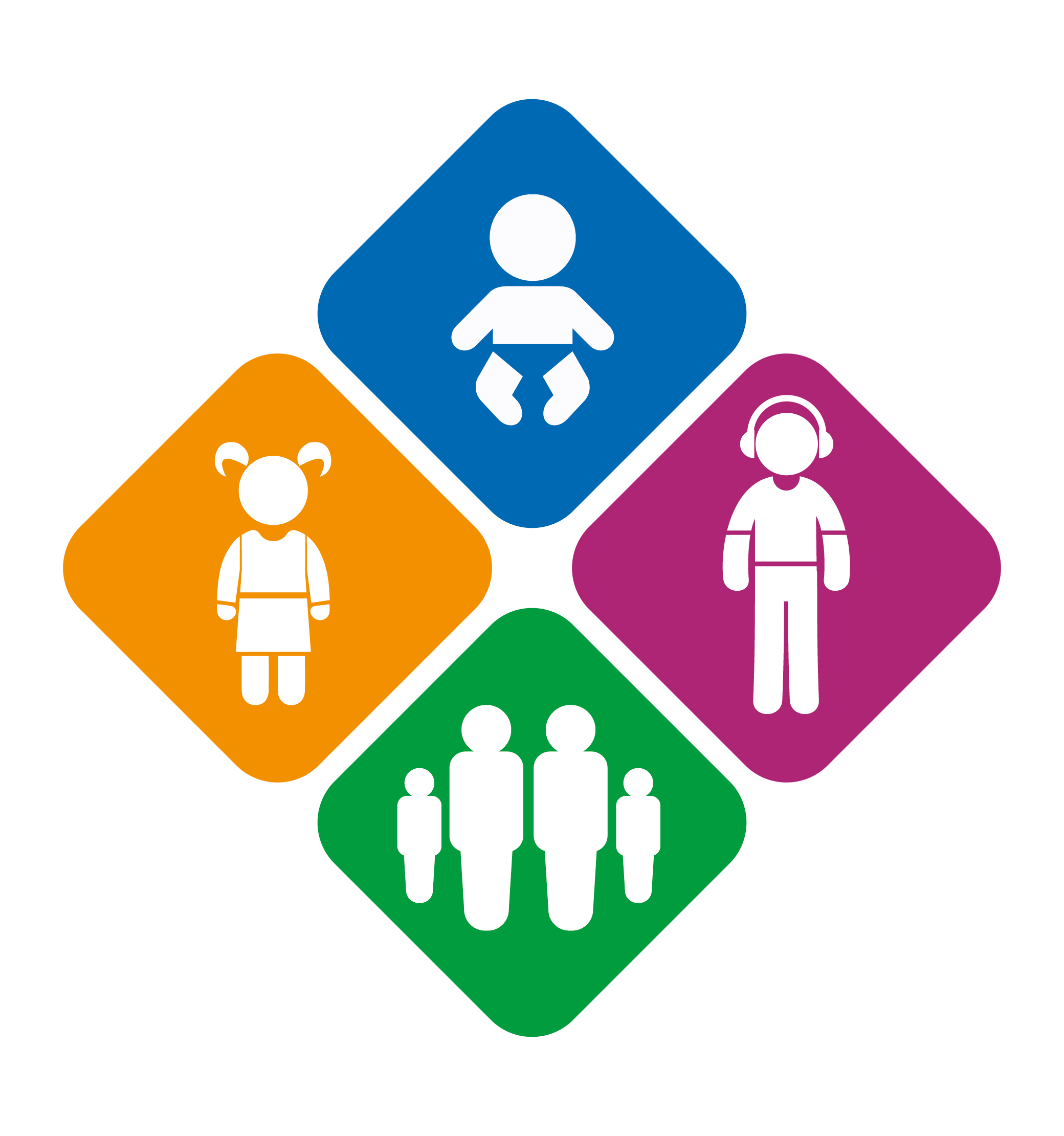On this page you will find useful information to help support you when accessing community services.
NHS 111 can direct you to the best place to get help if you cannot contact your GP during the day, or when your GP is closed (out-of-hours). You can also access 111 online assistance, or read more at NHS - When to use 111.
Call 999 if you have a medical emergency. This is when someone is seriously ill or injured and their life is at risk. Medical emergencies can include:
- loss of consciousness
- an acute confused state
- fits that aren't stopping
- chest pain
- breathing difficulties
- severe bleeding that can't be stopped
- severe allergic reactions
- severe burns or scalds
Call 999 immediately if you or someone else is having a heart attack or stroke. Every second counts with these conditions.
Also call 999 if you think someone has had a major trauma, such as after a serious road traffic accident, a stabbing, a shooting, a fall from height, or a serious head injury.
You can read more at NHS - When to use 111.
An A&E department (also known as emergency department or casualty) deals with genuine life-threatening emergencies, such as:
- loss of consciousness
- acute confused state and fits that are not stopping
- chest pain
- breathing difficulties
- severe bleeding that cannot be stopped
- severe allergic reactions
- severe burns or scalds
- stroke
- major trauma such as a road traffic accident
Less severe injuries can be treated in urgent care centres or minor injuries units. A&E is not an alternative to a GP appointment. If your GP is closed you can call 111, which will direct you to the best local service.
Discover more information about finding your nearest A&E department and why you would attend at NHS.uk.
For emergencies only call 999.
For non-emergencies call 101.
For more information, visit the Cheshire Police Website.
For emergencies only call 999.
For more information, visit the Cheshire Fire and Rescue Website.
It is important to register yourself with a local GP Practice where you can arrange to see a doctor, a nurse and other healthcare professionals. Discover more about finding and registering with your local GP practice at NHS - GPs or by reading the NHS - It’s Your Practice: A patient's guide to GP services (pdf)
You do not have to register with a dentist in the same way as with a GP to receive NHS treatment. Discover more about finding and registering with a dental practice as well as information about what happens when you visit a dentist, at NHS - Dentists.
Pharmacists can offer clinical advice and over-the-counter medicines for a range of minor illnesses, such as coughs, colds, sore throats, tummy trouble and aches and pains.
If your symptoms suggest it's something more serious, pharmacists have the right training to make sure you get the help you need. For example, they will tell you if you need to see a GP. Discover more about finding your local pharmacy at NHS - Pharmacies.
Our eyes rarely hurt when something is wrong with them, so having regular eye tests is important to help detect potentially harmful conditions. The NHS recommends that you should get your eyes tested every two years (more often if advised by your ophthalmic practitioner or optometrist). Discover more about finding your nearest optician and what to expect at your appointment at NHS - Opticians.
Sexual health services are free and available to everyone, regardless of sex, age, ethnic origin and sexual orientation. Depending on the reason for your visit, you should be able to visit any sexual health clinic; it doesn't have to be one in your local area. But it is best to check before going that they will be able to help you. Discover more about finding your nearest sexual health clinic at NHS - Sexual Health Services.

